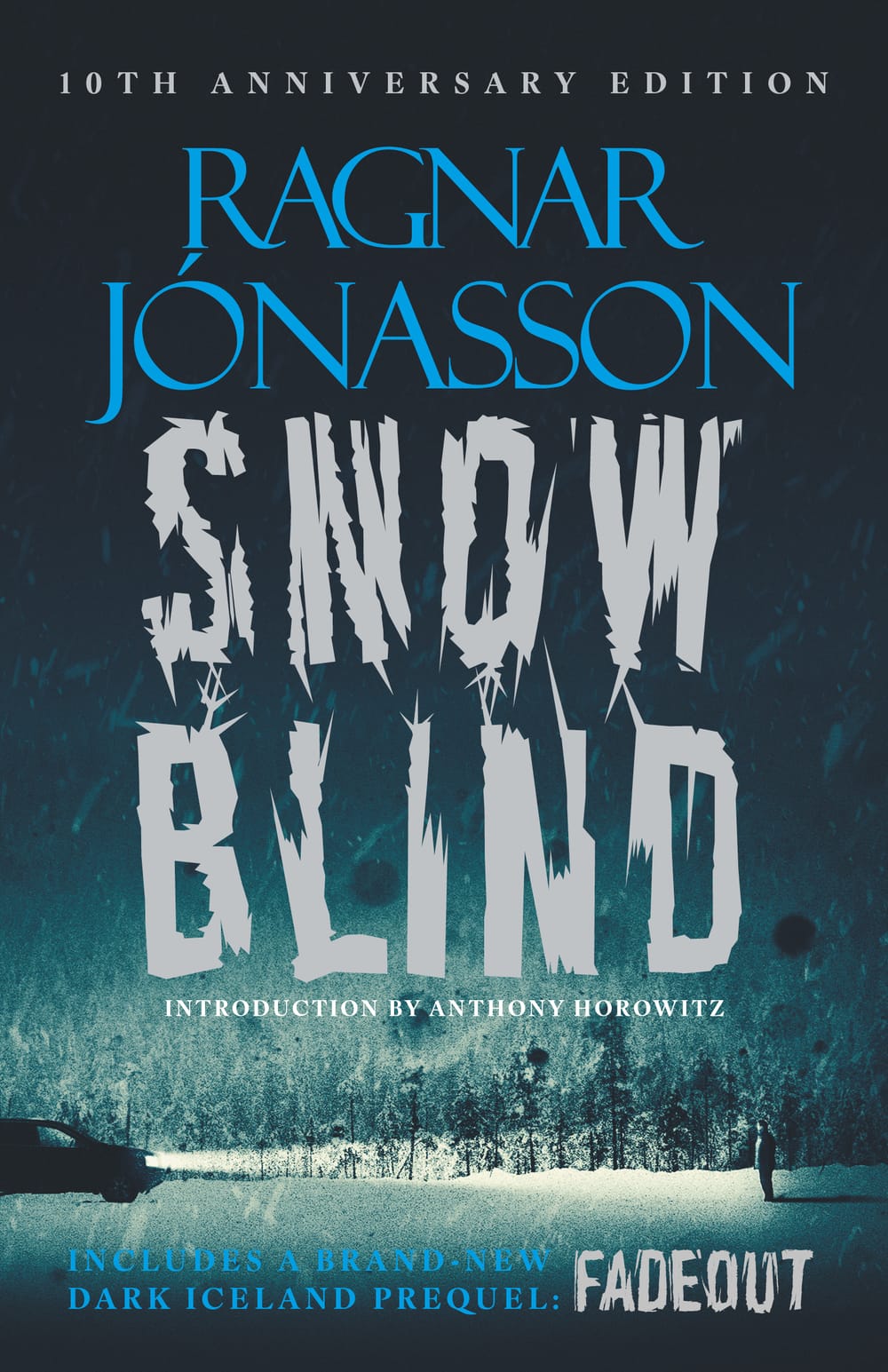In Which I Meet (Sort Of) Dr. Oliver Sacks
I had the great good fortune to hear Dr. Sacks speak in the mid-eighties, at a now long-gone Borders Bookstore in Atlanta. He was on tour for “The Man Who Mistook His Wife for a Hat”. As captivated as I was by the book, I was doubly charmed by his mellifluous speaking style and his obvious compassion and care for his patients. I knew at once that he would be an author I would want to read more of. As I have said of Dr. Sacks many times “he writes prose like poetry”.
The Man Who Mistook His Wife For a Hat
This book is a splendid start for those who are discovering Oliver Sacks for the first time:
“Here Dr. Sacks recounts the case histories of patients lost in the bizarre, apparently inescapable world of neurological disorders: people afflicted with fantastic perceptual and intellectual aberrations; patients who have lost their memories and with them the greater part of their pasts; who are no longer able to recognize people and common objects; who are stricken with violent tics and grimaces or who shout involuntary obscenities; whose limbs have become alien… If inconceivably strange, these brilliant tales remain, in Dr. Sacks’s splendid and sympathetic telling, deeply human. They are studies of life struggling against incredible adversity, and they enable us to enter the world of the neurologically impaired, to imagine with our hearts what it must be to live and feel as they do.”
oliversacks.com
One of Dr. Sacks’ Independent Bookstore Favorites:
In Greenwich Village, NY?
Check out Three Lives & Company
Visit Three Lives Online
About Three Lives: One of the greatest bookstores on the face of the Earth. Every single person who works there is incredibly knowledgeable and well read and full of soul.
–Michael Cunningham, winner of the 1999 Pulitzer Prize for Fiction for “The Hours”
Autobiography: Uncle Tungsten
If memory recalls, (and unfortunately it DOES) I got a “D” in chemistry in high school. Although “Uncle Tungsten” contains a great deal about chemistry due to his childhood fascination with the subject, he writes about it so clearly and passionately that not only did I understand his love of it, but I was able to grasp concepts that had bewildered me before.
The “Uncle Tungsten” of the book’s title is Sacks’ Uncle Dave, who manufactured light bulbs with filaments of fine tungsten wire, and who first initiated Sacks into the mysteries of metals. The author describes his four tortuous years at boarding school during the war, where he was sent to escape the London bombings, and his profound inquisitiveness cultivated by living in a household steeped in learning, religion and politics. But as Sacks writes, the family influence extended well beyond the home, to include the groundbreaking chemists and physicists whom he describes as “honorary ancestors, people to whom, in fantasy, I had a sort of connection.”
“I had intended, towards the end of 1997, to write a book on aging, but then found myself flying in the opposite direction, thinking of youth, and my own partly war-dominated, partly chemistry-dominated youth, in particular, and the enormous scientific family I had grown up in. No book has caused me more pain, or given me more fun, than writing Uncle T.–or, finally, such a sense of coming-to-terms with life, and reconciliation and catharsis.”
Oliver Sacks on Uncle Tungsten
A Personal Connection: A Leg to Stand On
In this book, it is Dr. Sacks himself who is the patient: an encounter with a bull on a desolate mountain in Norway has left him with a severely damaged leg. But what should be a routine recuperation is actually the beginning of a strange medical journey, when he finds that his leg uncannily no longer feels a part of his body. It was the first time I had come across the conception of “proprioception”:

Why a personal connection? When I was 14, I was hit by a car and suffered a compound fracture of my left femur. Left with a lifelong limp, I discovered many years later that some pain I was experiencing had to do with proprioception; my brain had stopped communicating with some of my leg muscles and the connection needed to be “re-activated” through therapy. Sacks writes beautifully about his (much more extreme) experience and branches out to include seeing injury and illness from the patient’s point of view and the inner nature of illness and health.
Musicophilia:
I wish every medical studient was required to read this book; the therapeutic effects of music on many kinds of illnesses is such important information. And Dr. Sacks’ love of all things musical shines through in every sentence.
Sacks’s deeply warm and sympathetic study is about pathologies of musical response and what they might teach us about the “normal” faculty of music. It reports on fascinating new findings from anatomy – a musician’s brain is easily distinguishable on a scan from those of others; and the passage from ear to brain is not a one-way conduit but works both ways, the brain being able to tune the ears, as it were. But mostly Musicophilia is about the more mysterious, and currently inexplicable, ways in which music affects the brain,
From The Guardian
An Anthropologist on Mars
I can offer no better picture of this book than Dr. Sacks’ own, from The New Yorker.

Other Recommendations:
I wish I could say I have read every book Dr. Sacks has written, but I will. I can assure you that any book by him is worth reading!
Get started on your Oliver Sacks journey; here is a link to a list of his books.




